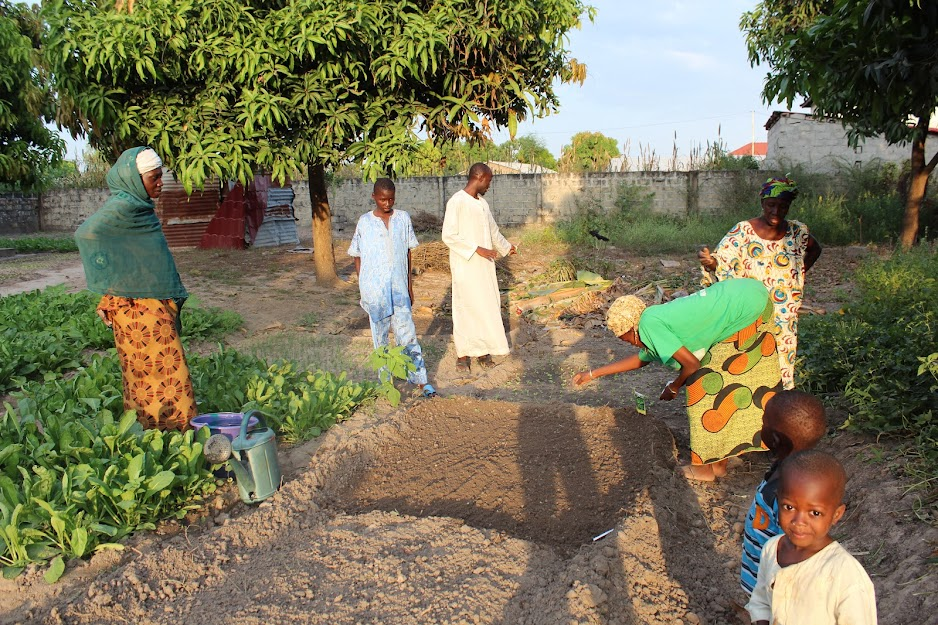The Gambia, the smallest country on main land Africa the Gambia is completely surrounded by Senegal except for the West Coast; the Atlantic Ocean. It has been politically isolated for many years but this has changed since the overthrow of President Yahya Jammeh in 2016.

Ever since there seems to be a different flow. People are still very poor, but in general more open and optimistic about the future. Almost 50% of the population live in poverty still as we speak though. What never changed is the hospitality and friendliness of the Gambian people. Hence the ’Smiling Coast of Africa’
A short History The first written accounts of the West Africa region came from records of Arab traders in the 9th and 10th centuries AD. The trans Saharan trade route for slaves, gold and ivory was established.
The Gambia was part of the Mali Empire until finally the British captured it in 1661. The country gained independence on 18th February, 1965, as a constitutional monarchy within the Commonwealth. Five years later, on the 24th April, 1970, The Gambia became a Republic within the Commonwealth, with Sir Dawda Kairaba Jawara as the first Prime Minister.
In 1994 a group of soldiers led by 29-year-old Lieutenant Yahya Jammeh seized power in a bloodless coup d’état on the morning of 22 July, ousting Sir Jawara.
The Presidential Alternative Treatment Program (PATP) Former president of The Gambia Yahya Jammeh created the ‘Presidential Alternative Treatment Program’ (PATP), which introduced fraudulent “cures” to HIV, asthma, certain types of cancer and infertility.
The program and the fake herbal cures were widely advertised in state media through patient testimonials and specially produced broadcasts of Jammeh administering treatment. Jammeh faced little to no opposition from within The Gambia.
Due to the great power and influence he wielded, PATP was nothing short of a health dictatorship. The program violated the human rights of people living with these conditions and greatly compromised health service delivery.
Healthcare in The Gambia The Gambian Healthcare system faces many challenges including widespread malnutrition and diseases like TB, leprosy and malaria. Many people live in poverty, including over 70% in rural areas.